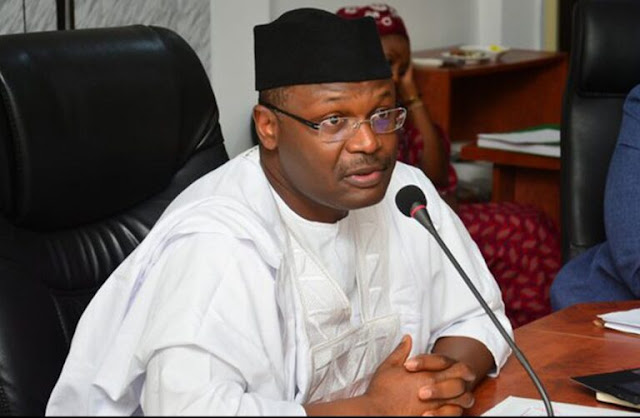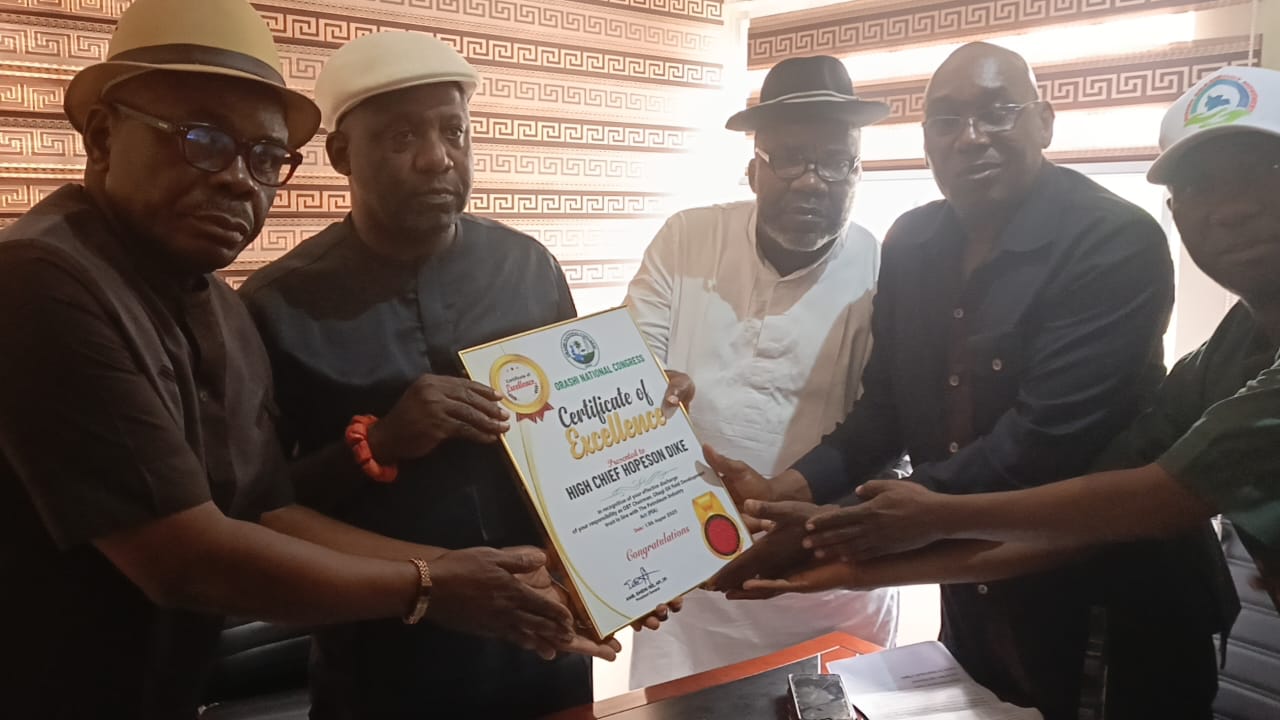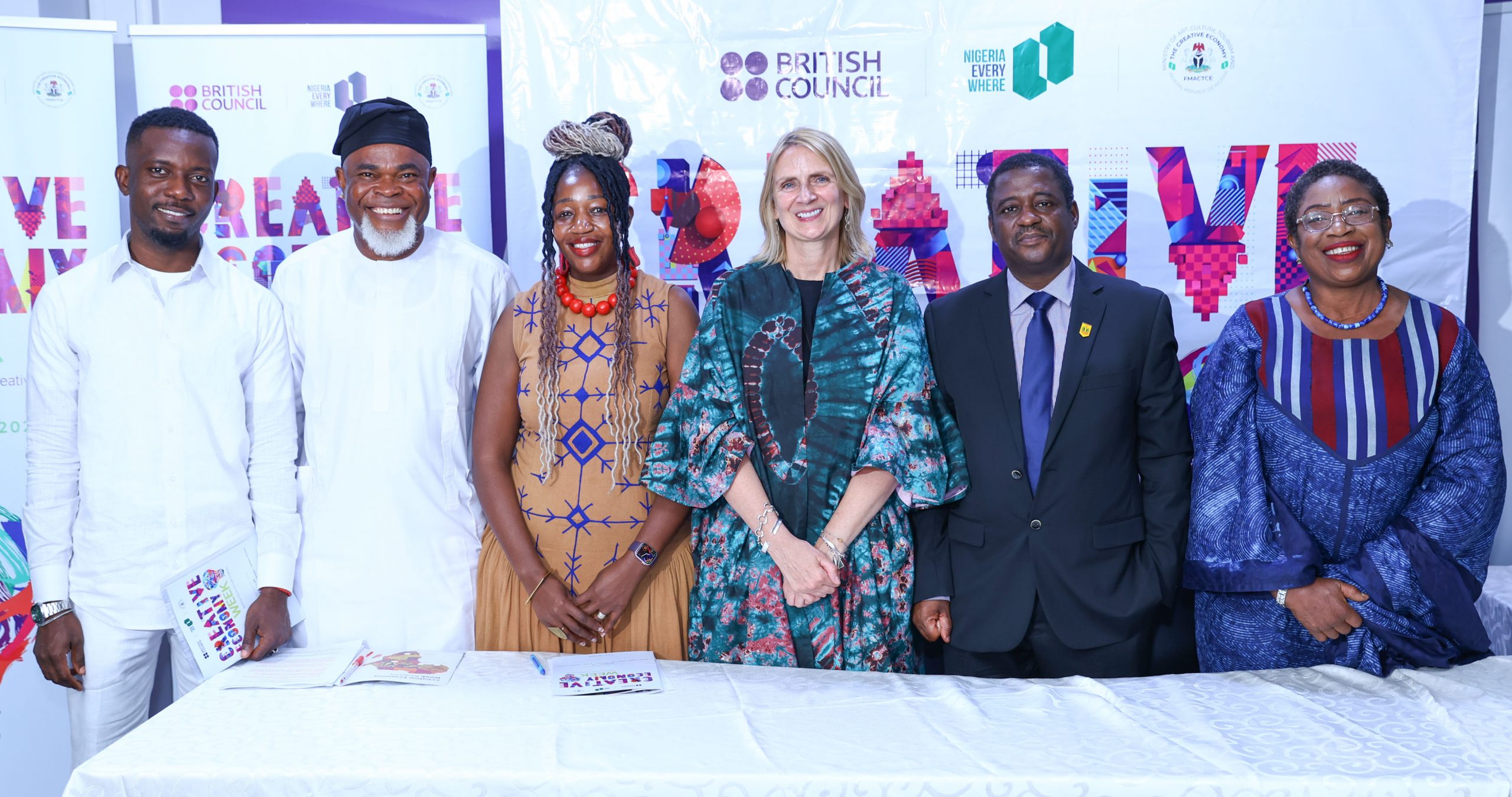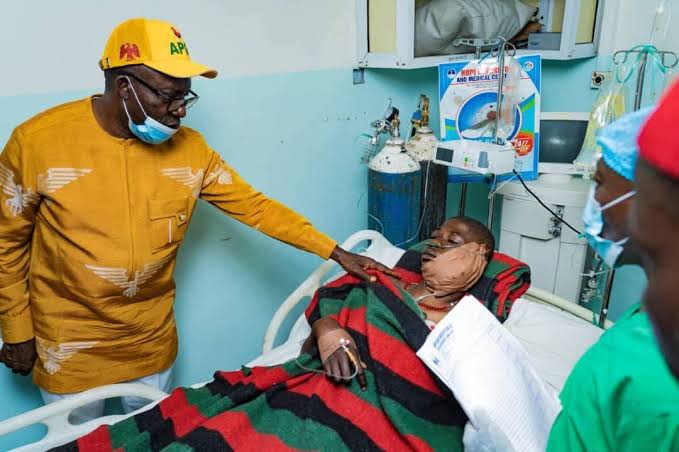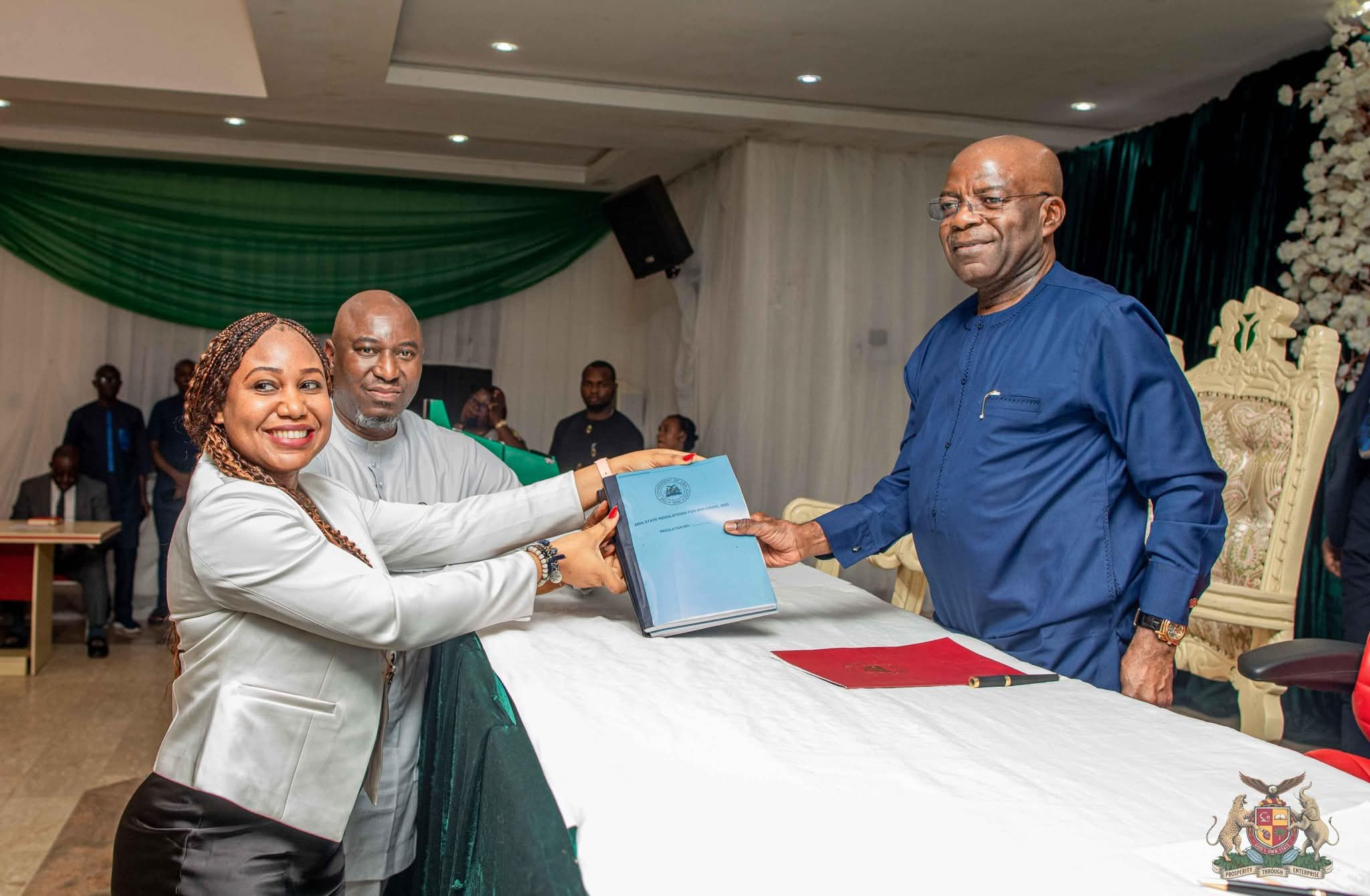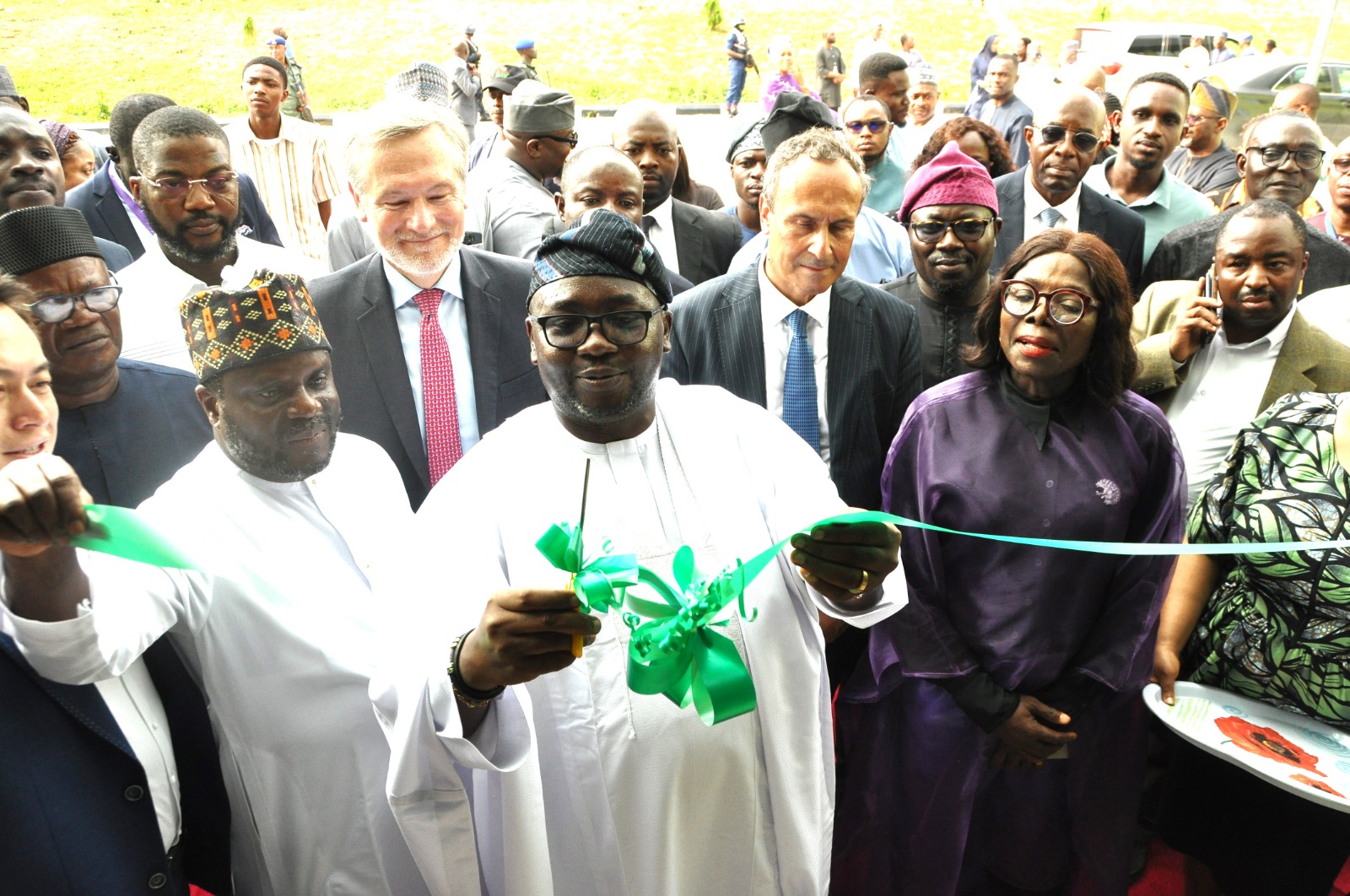The Chairman of the Independent National Electoral Commission (INEC), Professor Mahmood Yakubu, has raised concerns over significant gaps in Nigeria’s Electoral Act 2022, which prevent the commission from effectively enforcing regulations against premature electioneering. Speaking at a stakeholders’ meeting organized by INEC in Abuja to review the 2023 general elections, Yakubu highlighted that the absence of clear legal provisions and definitions in the Electoral Act creates a regulatory vacuum, allowing political parties and candidates to flout campaign timelines without facing consequences. This revelation has sparked debates about the need for urgent electoral reforms to strengthen Nigeria’s democratic processes ahead of future elections.
The Issue of Early Campaigning in Nigeria
In Nigeria, electoral campaigns are governed by specific timelines outlined in the Electoral Act 2022, which stipulate when candidates and political parties can officially commence public campaigning. According to Section 94(1) of the Act, public campaigns for presidential and National Assembly elections must begin 150 days before the polling day and end 24 hours before the election. For governorship and state assembly elections, the timeline is similarly structured. The intent of this provision is to ensure a level playing field, prevent voter fatigue, and allow INEC sufficient time to prepare for credible elections.
However, the reality on the ground paints a different picture. Political parties and candidates frequently engage in premature campaigns, often months or even years before the official campaign period. These activities include rallies, public speeches, distribution of campaign materials, and subtle forms of voter mobilization through media appearances and sponsored events. Such practices not only undermine the spirit of the Electoral Act but also create an uneven playing field, favoring well-funded candidates and parties who can afford prolonged campaign activities.
Professor Yakubu, in his address, lamented that the current legal framework lacks the teeth to address these violations. He explained that while INEC has the mandate to regulate electoral activities, the Electoral Act does not explicitly define what constitutes “early campaigning” or provide specific penalties for such infractions. This ambiguity makes it difficult for the commission to take decisive action against violators, as there is no clear legal basis to impose sanctions.
INEC’s Challenges in Enforcing Campaign Regulations
The INEC Chairman’s remarks shed light on the operational challenges the commission faces in enforcing electoral laws. Yakubu noted that the absence of precise definitions and enforceable penalties creates a loophole that political actors exploit with impunity. For instance, candidates often disguise early campaign activities as “consultative meetings,” “party congresses,” or “charity events,” which fall into a gray area not explicitly covered by the Electoral Act. These activities, while technically not labeled as campaigns, serve the same purpose: to sway voters and build political momentum.
Yakubu emphasized that INEC’s hands are tied without clear legislative backing. “The Electoral Act needs to be explicit about what constitutes a campaign and the penalties for violating the timeline,” he stated. “Until we have that clarity, it will be challenging to hold political actors accountable.” He cited examples from the 2023 election cycle, where several political parties and candidates began campaigning long before the official start date, yet INEC could not act due to the lack of enforceable provisions.
This regulatory gap has broader implications for Nigeria’s electoral integrity. Early campaigning can distort the democratic process by giving undue advantage to candidates with greater financial resources, who can dominate public discourse and media spaces well before the official campaign period. It also undermines INEC’s efforts to ensure fairness and transparency, as the commission struggles to monitor and regulate activities that fall outside the legal definition of campaigning.
Historical Context: Nigeria’s Electoral Evolution
To fully appreciate the significance of Yakubu’s concerns, it is essential to examine the historical context of Nigeria’s electoral laws. Since the return to democratic rule in 1999, Nigeria has made significant strides in reforming its electoral system. The Electoral Act has undergone several amendments, with the 2022 version being the most recent and widely regarded as a progressive step toward improving electoral credibility. Key innovations in the 2022 Act include the introduction of electronic transmission of results, the use of the Bimodal Voter Accreditation System (BVAS), and provisions for greater inclusivity, such as accommodations for persons with disabilities.
Despite these advancements, the issue of early campaigning has persisted across election cycles. In the lead-up to the 2015, 2019, and 2023 general elections, reports of premature campaign activities were rampant, with political parties and candidates engaging in subtle and overt campaign strategies long before the official timelines. The lack of enforcement has emboldened political actors, creating a culture of impunity that undermines the democratic process.
The 2023 general elections, in particular, highlighted the scale of the problem. Months before the official campaign period began in September 2022, billboards, posters, and social media campaigns promoting candidates were already visible across the country. Political rallies disguised as “town hall meetings” or “stakeholder engagements” became commonplace, with candidates openly soliciting votes. These activities not only violated the spirit of the Electoral Act but also placed undue pressure on INEC to respond to complaints from rival parties and candidates.
Stakeholder Reactions and Calls for Reform
Yakubu’s remarks have elicited varied reactions from stakeholders in Nigeria’s political and civic spheres. Political parties, civil society organizations, legal experts, and the media have weighed in on the issue, with many calling for urgent reforms to address the loopholes in the Electoral Act.
Representatives of major political parties, such as the All Progressives Congress (APC) and the Peoples Democratic Party (PDP), have acknowledged the challenge but differ on the approach to solving it. APC’s National Publicity Secretary, Felix Morka, argued that while early campaigning is a concern, political parties often engage in legitimate activities like internal consultations and mobilization, which should not be misconstrued as campaigning. He urged INEC to provide clearer guidelines on what constitutes a campaign to avoid misinterpretations.
In contrast, the PDP’s National Organizing Secretary, Umar Bature, emphasized the need for stricter enforcement, accusing some parties of exploiting the loopholes to gain an unfair advantage. “The lack of sanctions encourages lawlessness,” Bature said. “INEC must be empowered to penalize violators, and the Electoral Act should be amended to close these gaps.”
Civil society organizations have been more vocal in their criticism of the status quo. The Transition Monitoring Group (TMG), a coalition of over 400 civil society organizations, described the loopholes in the Electoral Act as a “threat to Nigeria’s democracy.” TMG’s Chairman, Auwal Musa Rafsanjani, argued that early campaigning distorts the electoral process by allowing candidates to manipulate voter perceptions before the official campaign period. He called for a comprehensive review of the Electoral Act to include specific definitions of campaign activities and corresponding penalties.
Legal experts have also weighed in, noting that the judiciary’s role in interpreting electoral laws adds another layer of complexity. According to Professor Itse Sagay, a Senior Advocate of Nigeria (SAN), the courts have historically been reluctant to intervene in cases of early campaigning due to the lack of clear legal provisions. “INEC needs a robust legal framework to act decisively,” Sagay said. “Without it, the courts will continue to dismiss cases brought before them on technical grounds.”
Comparative Analysis: Lessons from Other Democracies
To address the issue of early campaigning, Nigeria can draw lessons from other democracies with more robust mechanisms for regulating campaign timelines. In the United States, for instance, while there are no strict federal laws governing the start of campaign activities, individual states have regulations that impose penalties for violations such as unauthorized campaign spending or premature use of public resources. The Federal Election Commission (FEC) also monitors campaign activities to ensure compliance with financial regulations, providing a model for oversight that Nigeria could adapt.
In the United Kingdom, the Electoral Commission enforces strict rules on campaign spending and timelines, with clear penalties for violations. Political parties and candidates are required to submit detailed reports of their activities, and any premature campaigning can result in fines or disqualification. This level of accountability has helped maintain a relatively level playing field in UK elections.
Similarly, in South Africa, the Independent Electoral Commission (IEC) has the authority to monitor and regulate campaign activities, with clear guidelines on what constitutes campaigning. Violations, such as premature electioneering, can lead to sanctions, including fines or restrictions on campaign activities. These examples highlight the importance of a strong legal framework backed by clear definitions and enforceable penalties.
Broader Implications for Nigeria’s Democracy
The loopholes in Nigeria’s Electoral Act have far-reaching implications for the country’s democratic process. Early campaigning not only undermines the principles of fairness and equity but also exacerbates other challenges, such as voter apathy and electoral violence. When candidates begin campaigning prematurely, it can lead to prolonged periods of political tension, as rival parties and candidates compete for visibility and influence. This, in turn, can escalate into conflicts, particularly in Nigeria’s volatile political environment.
Moreover, early campaigning places a financial burden on candidates and political parties, as they must sustain their activities over an extended period. This often leads to excessive campaign spending, which can fuel corruption and the monetization of politics. Candidates with access to significant financial resources or illicit funds gain an unfair advantage, sidelining less affluent but potentially more qualified contenders.
The issue also affects voter behavior. Prolonged exposure to campaign messages can lead to voter fatigue, where citizens become desensitized to political rhetoric and disengaged from the electoral process. This is particularly concerning in Nigeria, where voter turnout has historically been low. In the 2023 general elections, for example, voter turnout was approximately 27%, one of the lowest in the country’s democratic history. Early campaigning, by overwhelming voters with premature political messaging, may contribute to this trend.
Recommendations for Electoral Reform
To address the loopholes in the Electoral Act, stakeholders must prioritize comprehensive electoral reforms. Below are some key recommendations:
Define Campaign Activities Clearly: The Electoral Act should include a precise definition of what constitutes a campaign, encompassing activities such as rallies, public speeches, media advertisements, and voter mobilization efforts. This would eliminate the ambiguity that allows candidates to disguise early campaigning as legitimate political activities.
Introduce Specific Penalties: The Act should outline clear penalties for premature campaigning, such as fines, disqualification, or restrictions on campaign activities. These penalties should be proportionate to the violation and enforceable by INEC.
Strengthen INEC’s Regulatory Powers: INEC should be granted greater authority to monitor and regulate campaign activities, including the power to investigate and sanction violators. This could involve establishing a dedicated unit within INEC to oversee compliance with campaign timelines.
Engage Stakeholders in Reform Process: The National Assembly, political parties, civil society organizations, and the judiciary should collaborate to review and amend the Electoral Act. Public consultations and stakeholder engagements can ensure that the reforms reflect the needs and aspirations of Nigerians.
Leverage Technology for Monitoring: INEC can adopt technology to monitor campaign activities, such as tracking social media advertisements, billboards, and public events. This would enable the commission to identify and document violations more effectively.
Public Awareness Campaigns: INEC and civil society organizations should educate voters about the importance of adhering to campaign timelines and the consequences of early campaigning. This can foster greater public demand for accountability and discourage political actors from flouting the rules.
The Path Forward
Professor Yakubu’s candid admission about the limitations of the Electoral Act underscores the urgent need for reform to strengthen Nigeria’s electoral system. As the country prepares for the 2027 general elections, addressing the issue of early campaigning will be critical to ensuring a level playing field and upholding the principles of democracy. The National Assembly, which has the authority to amend the Electoral Act, must prioritize this issue and work closely with INEC and other stakeholders to close the existing loopholes.
In his closing remarks at the stakeholders’ meeting, Yakubu reiterated INEC’s commitment to conducting free, fair, and credible elections. However, he stressed that the commission’s ability to deliver on this mandate depends on a robust legal framework. “We are ready to work with the National Assembly and other stakeholders to address these challenges,” he said. “Our goal is to strengthen our democracy and ensure that the will of the Nigerian people is reflected in every election.”
The issue of early campaigning is not just a technical problem but a fundamental challenge to Nigeria’s democratic integrity. By addressing the loopholes in the Electoral Act, Nigeria can take a significant step toward building a more transparent, equitable, and credible electoral system. The time for reform is now, and all stakeholders must rise to the occasion to safeguard the future of Nigeria’s democracy.


